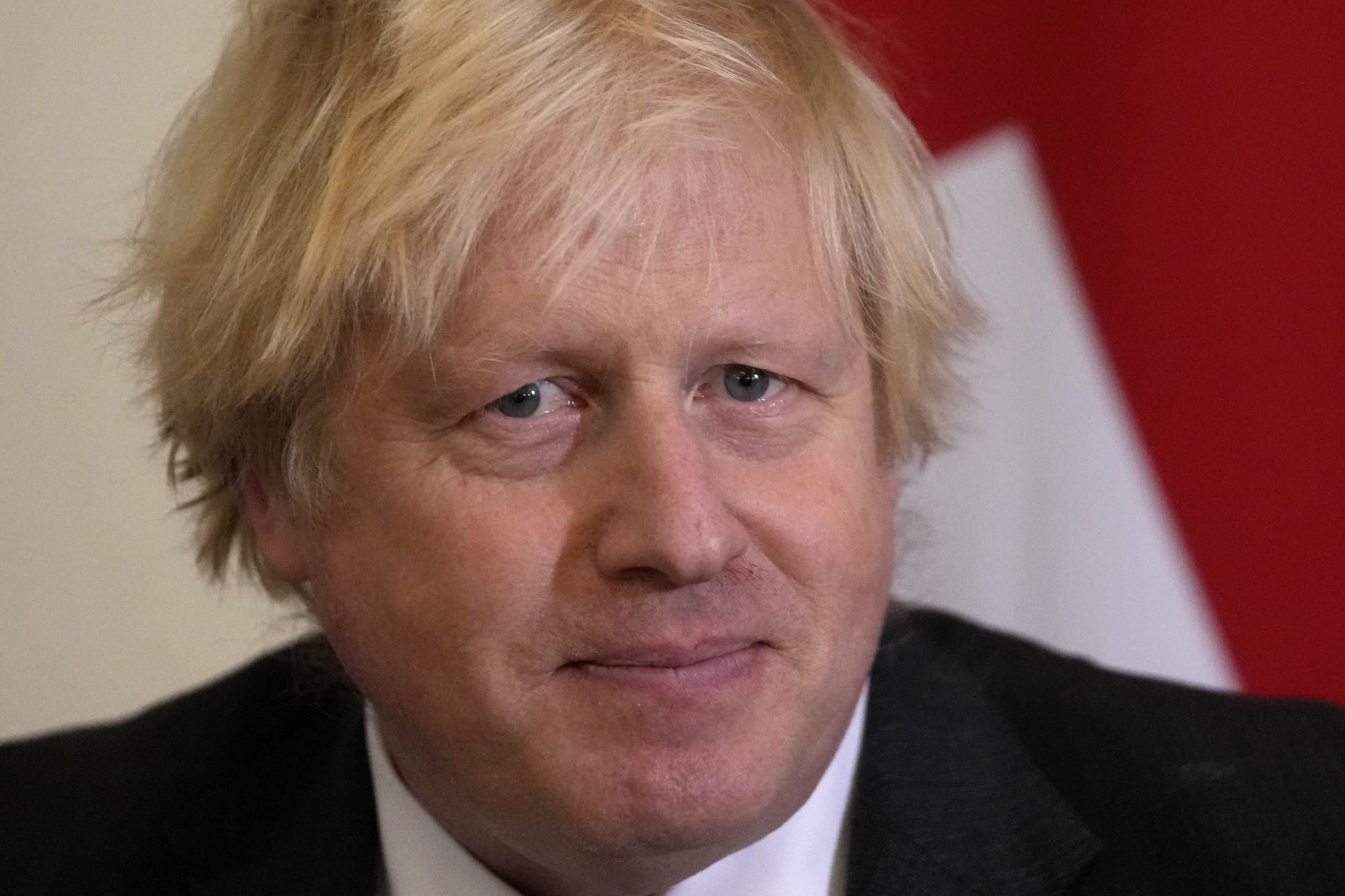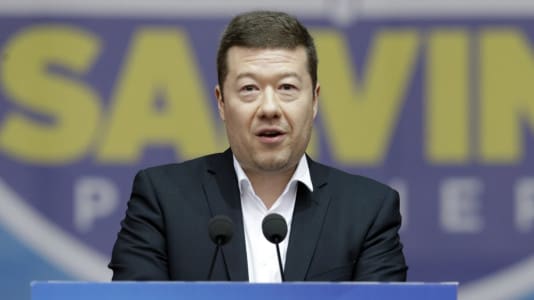Across the Western world, public broadcasting leans overwhelmingly left, and both Germany and Britain’s conservatives have been well aware of this thorny problem for years. In Britain, in particular, the country’s conservatives have long chafed over mandatory fees that are paid into a massive news media complex that many view as categorically opposed to their values.
Still, the BBC has a storied history and has produced a large catalog of content, documentaries, films, and television series, much of it beloved by the British public, including conservatives. The BBC’s name alone has made it difficult to pull the taxpayer plug on an organization with a firm place in Britain’s establishment.
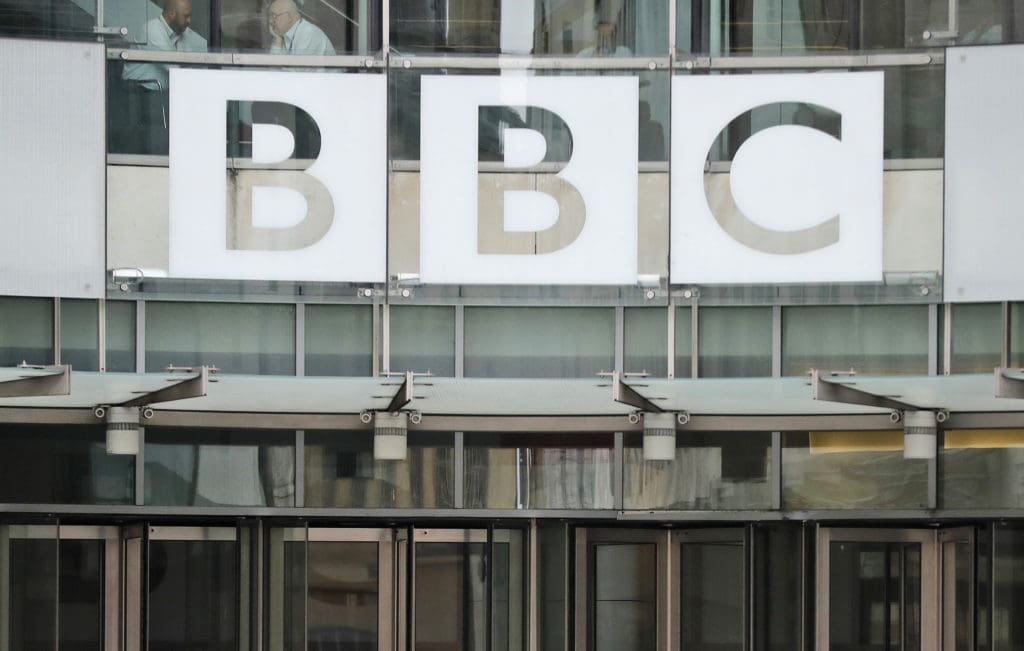
Nevertheless, the British government recently announced a change in strategy with regard to the issue of broadcasting fees and signals it intends to abolish the license fee financing for the BBC. In the next two years, viewers will still have to pay £159 a year – around €180 – to receive the BBC’s programs, but from that point on, new financing options must be found, such as subscription models based on the models of Netflix or Disney+. Partial privatization is also in the pipeline, thus opening the way to some kind of structural reform.
Germany’s conservatives are looking on with a certain amount of envy. The country’s public broadcasters are arguably better financed via German taxpayer euros than even the BBC. German citizens are forced to pay €18.36 a month. Calls to reform the German state broadcasters such as ARD and ZDF are mostly still taboo in Germany. According to the conservative Alternative for Germany (AfD), Germany has the most expensive public broadcasting service in the world, which consumes €8 billion in taxpayers’ money each year. A part of this tax stream goes into the exorbitant salaries of the executives of ARD and ZDF, which can be as high as €400,000 a year.
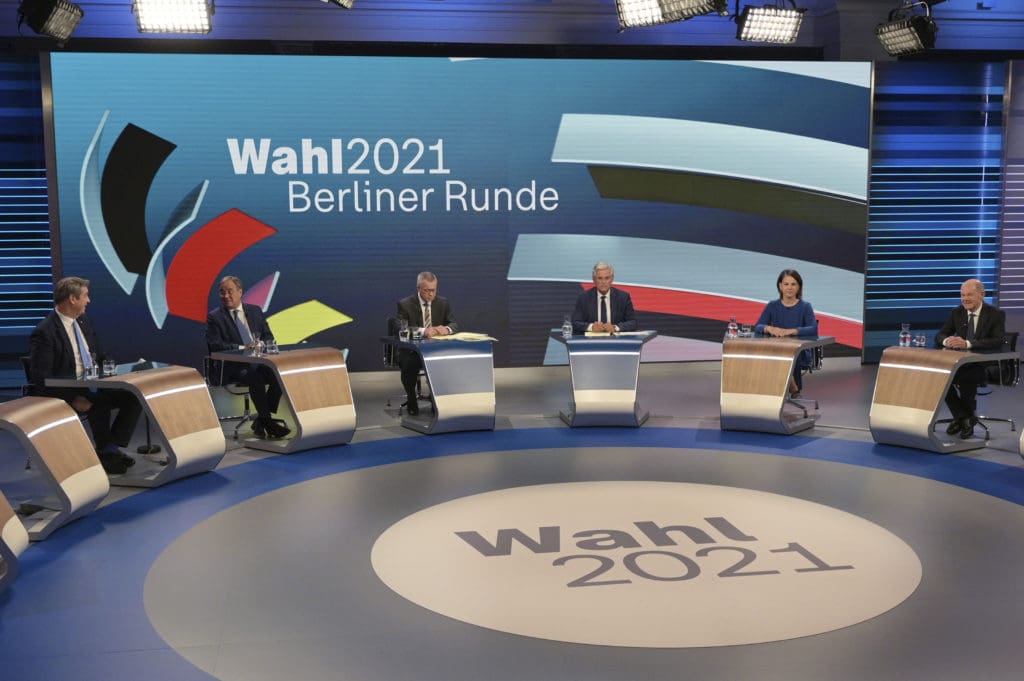
The Christian Democratic Union (CDU), fresh off a punishing loss to Germany’s left-wing Greens and Social Democrats, is also looking to pave a way forward in a harsh media environment. The political bias of Germany’s public broadcasters is well known, with studies showing its journalists almost entirely vote for left-wing parties. Only a miniscule fraction vote for CDU and virtually none for AfD. In a sense, the public broadcasters overwhelmingly fail to reflect true public opinion, with Germany’s public voting blocs, many which vote for CDU and AfD, with no voice in the public media despite being forced to pay extremely high taxes to support this same media.
One of the primary concerns for conservatives is that the left-wing journalist base employed throughout German public media has a serious influence on election outcomes. In one of Germany’s top political talk shows in the run up to federal elections, radical left-wing activists were presented as “average citizens” and asked questions designed to “take out” the CDU’s candidate for chancellor, Armin Laschet. Although it was later revealed that they were activists, only a small fraction of the millions of Germans who originally watched the program likely never learned their true political background.
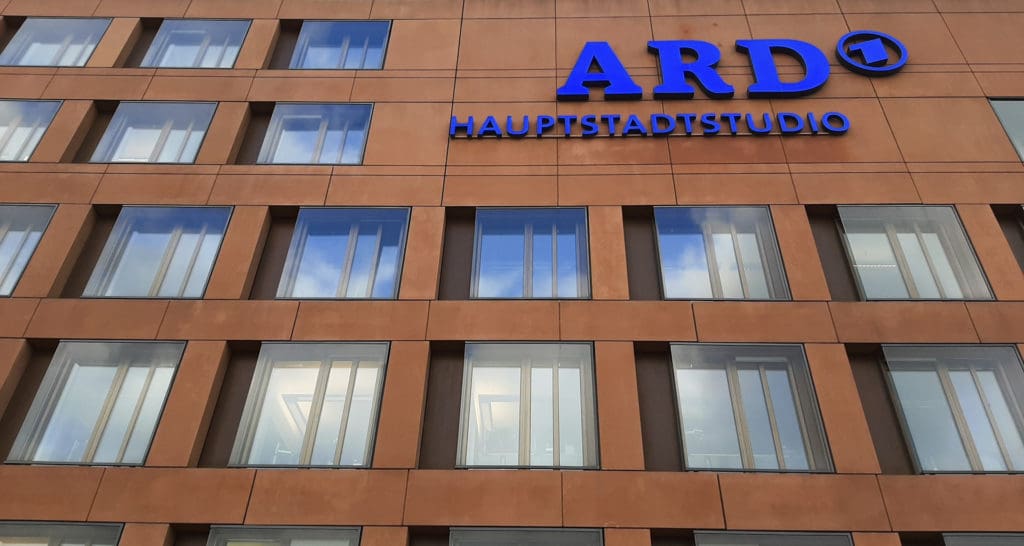
Although the CDU is at a political disadvantage due to the massive influence of the public broadcasters, the party is still struggling with how to approach the problem. While some voices in the CDU have criticized the public broadcasters in the pasts, most are loath to take their criticisms too far. Just this week, Markus Kurz, the leader of the CDU parliamentary group in the state parliament of Saxony-Anhalt, walked back his criticisms of ARD.
He had previously told the Mitteldeutsche Zeitung: “We support Minister of State Robra’s proposal to abolish the station ‘Das Erste’ as an independent channel in the long term,” and place restrictions on ZDF. With the shutdown of ‘Das Erste’ channel, ZDF would be upgraded as a remaining national broadcaster, Kurz explained. “We know that we cannot implement this politically at the moment. But that is our long-term goal.”
The media politician also criticized the politics of public broadcasters ARD, ZDF and Deutschlandradio. “We are of the opinion that in public broadcasting, minority opinions are often stronger than the opinion of the majority.”
The broadcasters should, for example, “Not only let those who still want more and more climate protection have their say, but also those who have to pay for it.”
After criticism from the Greens and others on the left, Kurz is now saying the CDU actually has no plans to rein in public broadcasters.
The AfD, on the other hand, sees the left-wing bias in public broadcasting as a serious threat, and is the only party openly advocating for the abolition of the compulsory broadcasting fee.
“After years of debate about the acceptance of the BBC by the British public, the pressure for reform finally had to come from the government. Both here and there, the public broadcasters have established themselves in a parallel world in which costs, the dramatic changes in viewing habits in the age of series and the dwindling acceptance due to the constant political bias play no role,” said Joachim Paul, member of AfD’s Federal Executive Board, “All reform proposals were stubbornly blocked. Rather, the view was taken that democracy would be endangered without broadcasts from Mainz and Cologne, and that critics are ‘populists’ and enemies of democracy per se – an unparalleled presumption.”
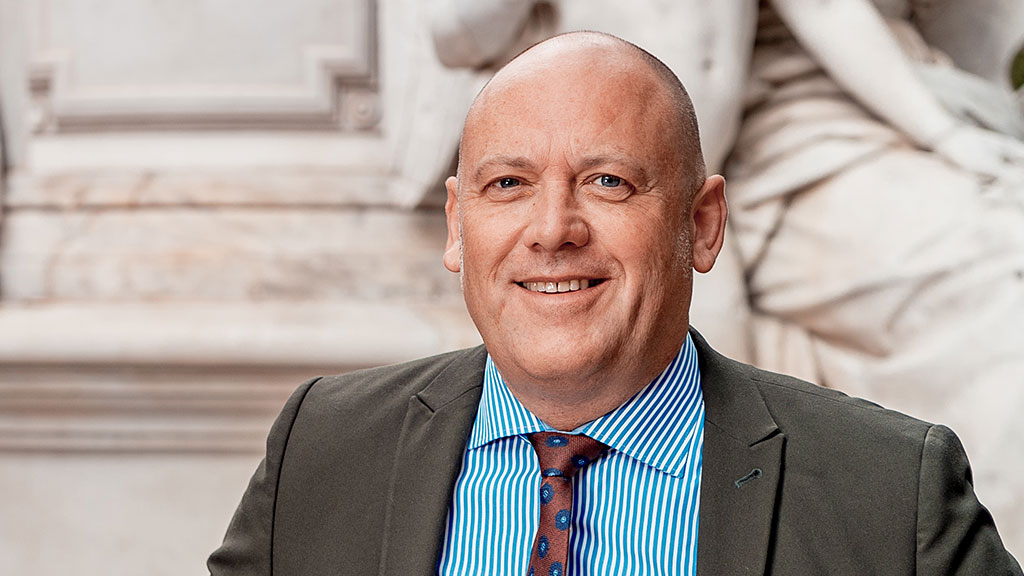
Paul added that as history has shown, ARD, ZDF and other state broadcasters can issue blank checks for themselves, allowing for a lavish existence and serious power in Germany’s political scene. He said that as long as this kind of self-servicing is possible, no determined debate on reform can even be held.
Paul praised the administration of Boris Johnson, saying his government is acting in an exemplary manner. He also said that now an open debate can held regarding how the BBC can restructure and improve its services in the future.
“In Germany, only the AfD advocates a complete abolition of the compulsory broadcasting fee and a streamlining of the broadcasting complex,” Paul said. “The basic radio is to be reduced to a tenth of its size and converted into a slim home radio station, which is free of charge for the citizens and is paid for by a cultural contribution from the large private media. As a showcase for the regions, this basic radio service is intended to broadcast what is not worth covering in the private sector: culture, politics, education, sports and entertainment from Germany’s regions.”


